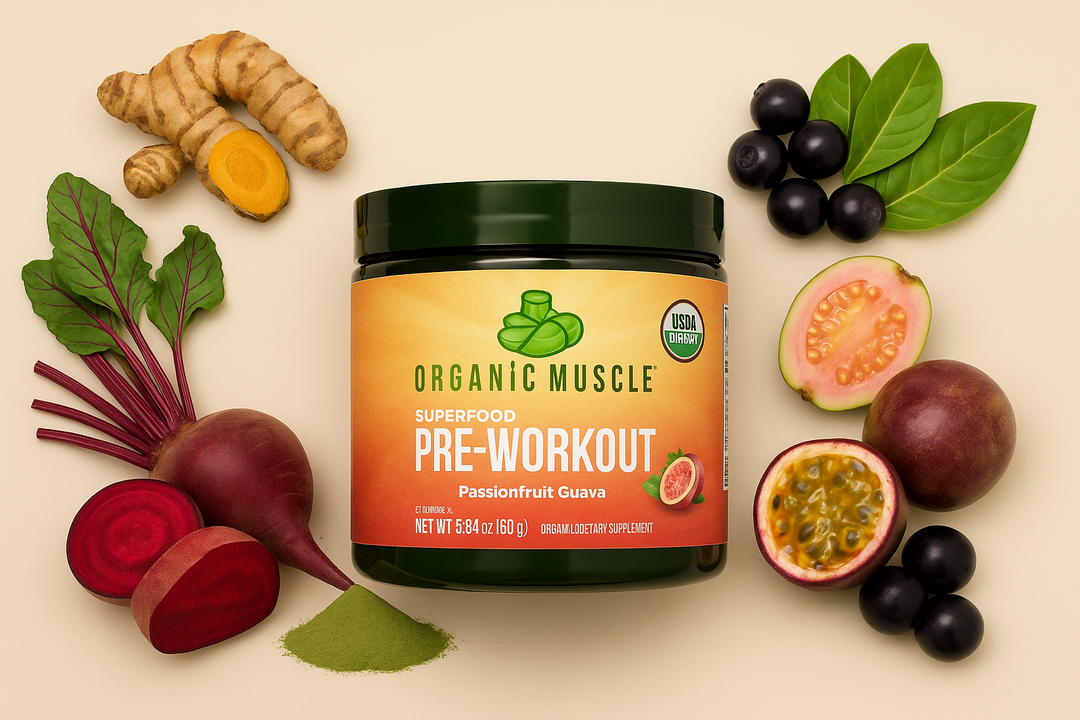Many of us know that the worlds leading cause of mortality in developed and developing countries is cardiovascular disease (CVD). But do we know why? For many years scientists and doctors have pointed to the fact that Dyslipidemia, high low density lipoprotein cholesterol (LDL-C or "Bad" Cholesterol), triglyceride concentrations, and low high density lipoprotein cholesterol (HDL-C or "Good" Cholesterol) concentrations are associated with elevated CVD risk. This is what lead many doctors to attack dietary cholesterol, citing it as the source of high LDL levels, which could lead to CVD. In doesn't stop there, saturated fats have also been under fire for causing high LDL levels.
But is this actually the case? Can eating foods high in dietary cholesterol and saturated fats really lead to cardiovascular disease? I will answer all these questions and more, based on my research and the latest studies available, to find out all there is to know about cholesterol. The good, the bad, and the healthy!
Lets start by finding out what exactly cholesterol is, the different types and it's functions in the body. The cholesterol molecule has a steroid structure and hydrocarbon side chain. Technically it is a sterol because it is composed of a steroid and alcohol.
Cholesterol is generally thought of in two groups, "Good" Cholesterol or High Density Lipoprotein and the "Bad" Cholesterol or Low Density Lipoprotein. These types of cholesterol are processed by organs in the body, like the liver. Which is one of the primary tissues responsible for cholesterol homeostasis. Liver cells have LDL receptors that are subject to feedback inhibition. These receptors recognize apoprotein (apo) B100 (the protein component of the LDL particle), and apo E (an apoprotein component of chylomicron remnant), very low density lipoprotein and intermediate density lipoprotein particles. Keep this in mind later on when I explain bad cholesterol and how it effects the body.
Cholesterol has multiple functions in the human body. It is a precursor for steroid hormones (gonadal and adrenal), vitamin D and bile acids, as well as a structural component of cell membranes and lipoprotein particles. Not to mention the key role it plays in optimal brain health and development. Cholesterol is starting to sound more and more important, the good kind that is. Especially after research which found those who take the cholesterol-lowering drugs are more than twice as likely to develop Parkinson’s disease later in life than those who do not.
So, whats the deal here? Is cholesterol good? Bad? Or even healthy? Well the answer lies somewhere in the middle. Like I mentioned earlier, the liver has receptors that recognize the apoprotein protein component of the LDL particle. But not all of those particles are made the same.
Dr. Ronald Krauss, who is the director of the atherosclerosis center at Children's Hospital Oakland Research Institute, has determined that not all LDL (bad cholesterol) is the same. Some are larger and more buoyant, which seem to be filtered out easily by organ tissues. While smaller, more dense LDL particles seem to find there way through and end up in the arteries, where they build up causing CVD. Furthermore, existing epidemiological data have clearly demonstrated that dietary cholesterol is not correlated with increased risk for CVD.
The work of Dr. Krauss doesn't end there! He has also changed the way that many look at saturated fats in regards to LDL and cardiovascular disease. These studies have shown that saturated fats did increase LDL in some people who are more sensitive to dietary cholesterol. However, these were of the larger, more buoyant type of LDL. Which does not build in the arteries like it's smaller, more dense counterpart. Even more research has shown that saturated fats can increase HDL levels which could potentially offset an atherogenic effect of raising LDL.
So, If dietary cholesterol and saturated fats are not directly responsible for CVD causing, smaller, more dense LDL particles, what is? The culprit is yet again, refined sugars and high carbohydrate intake. Studies have show the direct correlation between higher carbohydrate intake and lower HDL levels. As well as, high-carbohydrate diets contributing to an increase in LDL levels. Out with the good and in with the bad? That doesn't sound right.
Once again, the common theme among poor health and chronic disease, continues to be a diet high in refined carbohydrates and sugars. We truly are what we eat, and made up by the things we eat. So why not eat the foods we need for cell production and brain health in our body, like cholesterol and saturated fats? While pushing the corn-flakes packed with CVD causing, refined carbs and sugars away. So you can start your way to lowering your LDL and increasing your health one bite at a type!




















